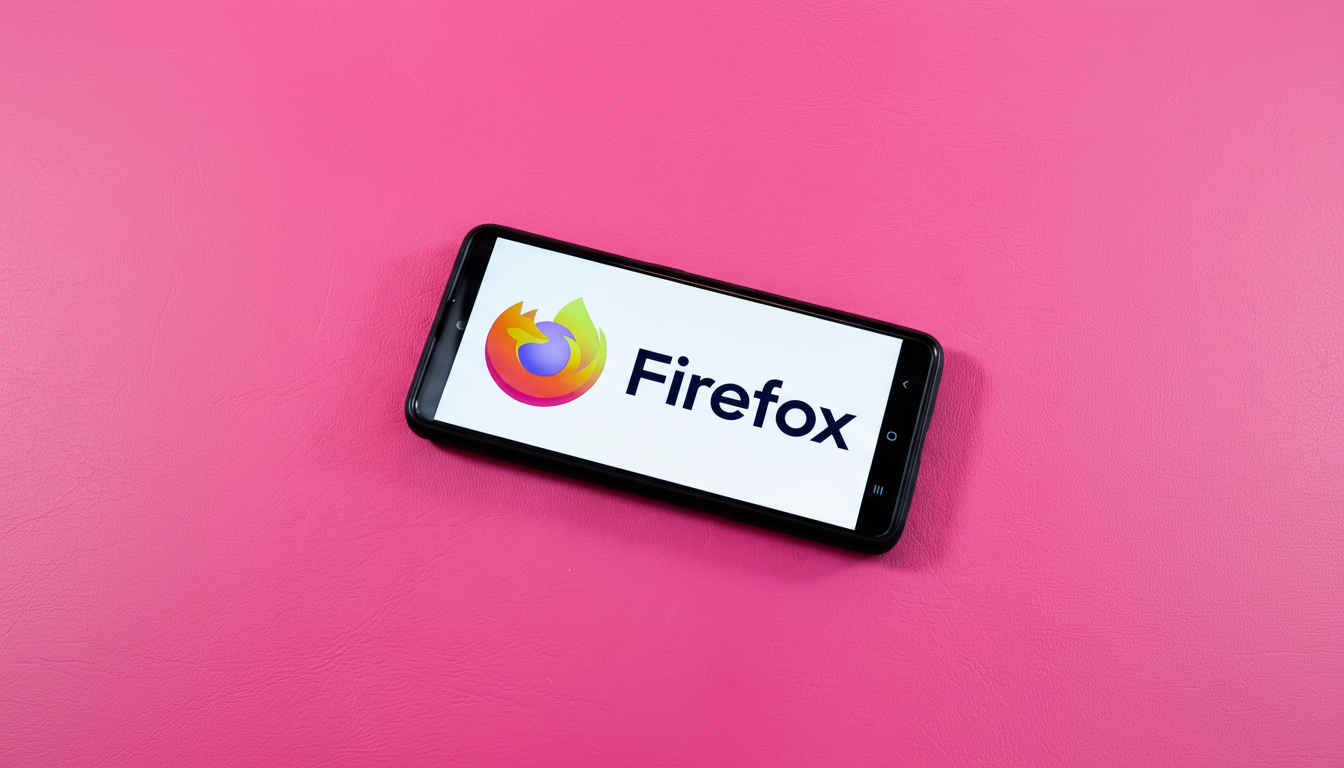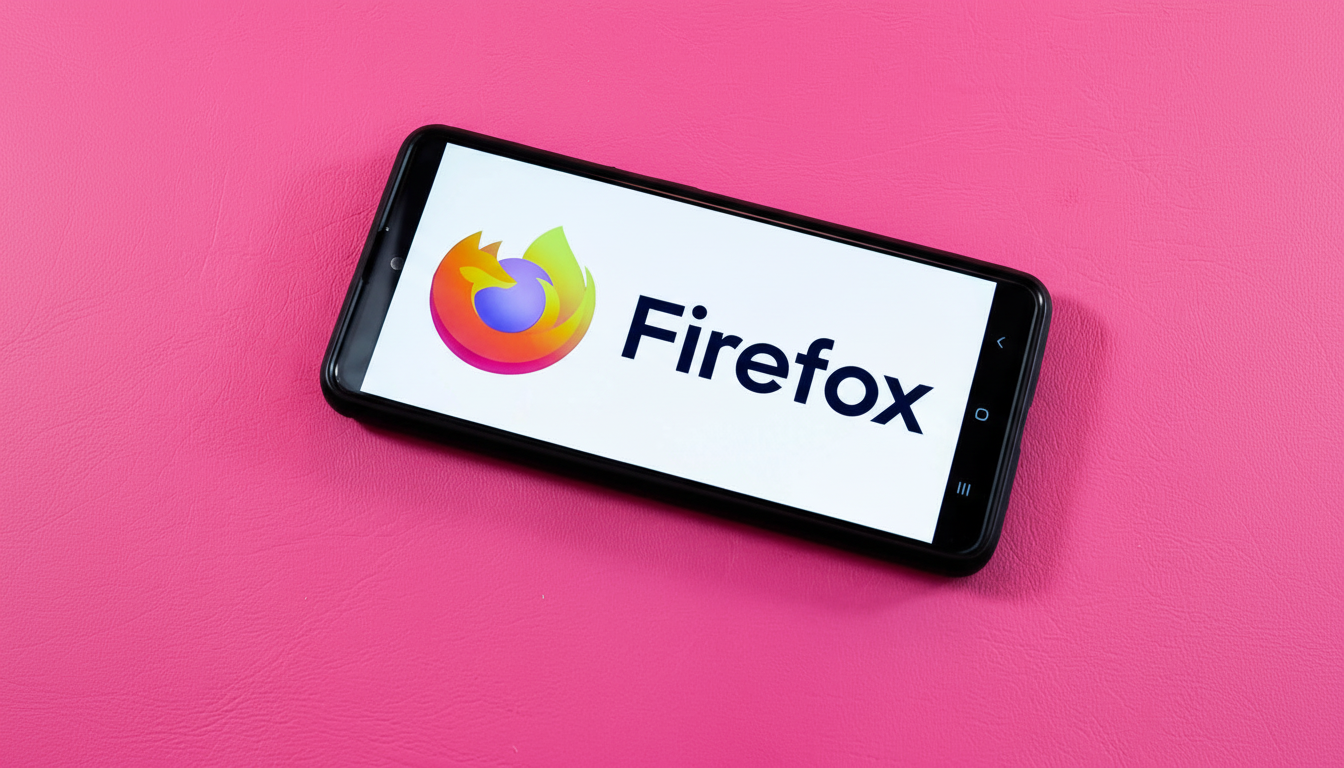Firefox is quietly turning on a free, built-in VPN that protects users’ privacy even if they don’t have a web extension in the browser and without logging how people use the feature.
For now, the rollout is small and random, but it’s a stake in the ground: Mainstream browsers are making privacy tech as easy to turn on as a browser ad blocker.
- What the Free Firefox Browser VPN Actually Does
- Key Limitations and What to Expect from This VPN
- How to Determine Whether You Have Access
- How It Compares to Other Browsers Offering VPNs
- Why It Matters for Everyday Privacy and Security
- Cost and Upgrade Path for More Robust Protection
- Bottom Line: Who Should Use Firefox’s Free Browser VPN

What the Free Firefox Browser VPN Actually Does
Mozilla’s browser VPN masks your IP address inside Firefox, routing your traffic through a set of servers to add privacy and some security on public Wi-Fi. There are no usage or speed limits, and the company says it uses the same infrastructure that enables its paid Mozilla VPN service.
Under the hood, Mozilla’s paid VPN makes use of the Mullvad server network, which has a history of prioritizing privacy and has undergone audits. By bringing that backbone to a free, browser-only option, it lowers the barrier for those who want simple protections without reconfiguring their entire device.
Key Limitations and What to Expect from This VPN
This is not a full system VPN. It encrypts only traffic in Firefox; everything else on your system and other browsers will stay the same. Think of it as a condom for your tab, not your whole computer.
Server selection is automatic. The VPN connects to a nearby fast server — that’s fine for speed, but obviously it limits some of the classic things you can do with a VPN. You won’t be able to select countries, dodge region-locked streams, or navigate around statewide site blocks. If you want to hop regions, there’s still a case for buying a decent paid VPN.
Mobile support isn’t live yet. Community comments from Mozilla employees imply that some sort of phone-friendly version is a “natural next step,” but for now, this kind of slow-rolling experiment will be desktop-first.
How to Determine Whether You Have Access
One by one, users are getting access. To check if you’re included, log in with your Mozilla account within Firefox. Scan the top right for a VPN setup prompt. Click Next to get started; dismiss the second pop-up by clicking “No thanks,” and the VPN icon disappears from your toolbar.

Once installed, opening it shows a small panel with simple on/off settings. If you don’t spot it right away, click the VPN icon in the toolbar to display it. It’s bundled accordingly, so you can switch the VPN on and off while browsing.
How It Compares to Other Browsers Offering VPNs
Microsoft Edge has a free browser VPN-style feature called Secure Network that goes through Cloudflare, but it’s capped at 5GB per month. Opera’s free in-browser VPN has location options as well, though many experts have long agreed that it tends to operate more like an encrypted proxy and remains one of the most scrutinized for privacy disclosures. Google has been testing an “IP Protection” proxy in Chrome that hides addresses for particular requests — but it’s not a full VPN. Firefox’s switch lands somewhere in the middle — with unlimited, browser-only protection, but no location switching.
The stakes are high considering the reach of Firefox. According to data from StatCounter, Firefox is currently scraping the basement of a low-single-digit share globally across all platforms (that’s a bit higher on the desktop). And even if only some of these capabilities are rolled out right now, it still might put free VPN-like protection in front of millions — particularly power users who already make a point to prioritize privacy.
Why It Matters for Everyday Privacy and Security
Hiding your IP address from advertisers, data brokers, and people who use public Wi-Fi to snoop on others is important. It will not block all tracking — you can still be identified through browser fingerprinting and account logins — but it decreases easy wins for surveillance capitalism. Regulators and publishers, concerned about the type of sensitive browsing data that is routinely traded in ad tech circles, have repeatedly called for measures to reduce your exposure at the browser level.
As far as performance is concerned, browser-based VPNs also carry a slight speed penalty because they have to encrypt and reroute traffic. With servers near enough and modern protocols, you can keep the hit reasonable for everyday activities like reading, shopping, and banking. For gamers and hardcore streamers, many will opt for a system-level solution with more control over location.
Cost and Upgrade Path for More Robust Protection
The free version is all about “good enough” privacy lifehacks: unlimited usage, in-browser protection, and controls that are easy enough for a child to master. Should you require more — coverage for an entire device, multi-hop connections, or manual server selection — Mozilla’s paid VPN (around $4.99 a month) will offer those capabilities using the same network of servers and audited software stack.
Bottom Line: Who Should Use Firefox’s Free Browser VPN
Firefox’s free VPN is a nifty, low-friction service that is certainly worth it for coffee-shop browsing, travel, and the everyday security of hiding your internet activity from snoops. It’s not going to unlock streaming catalogs or hide your entire device, but as an unlimited, built-in feature from a reputable network, it’s a meaningful upgrade — especially if you’re one of the users who see the VPN icon light up in their toolbar.

